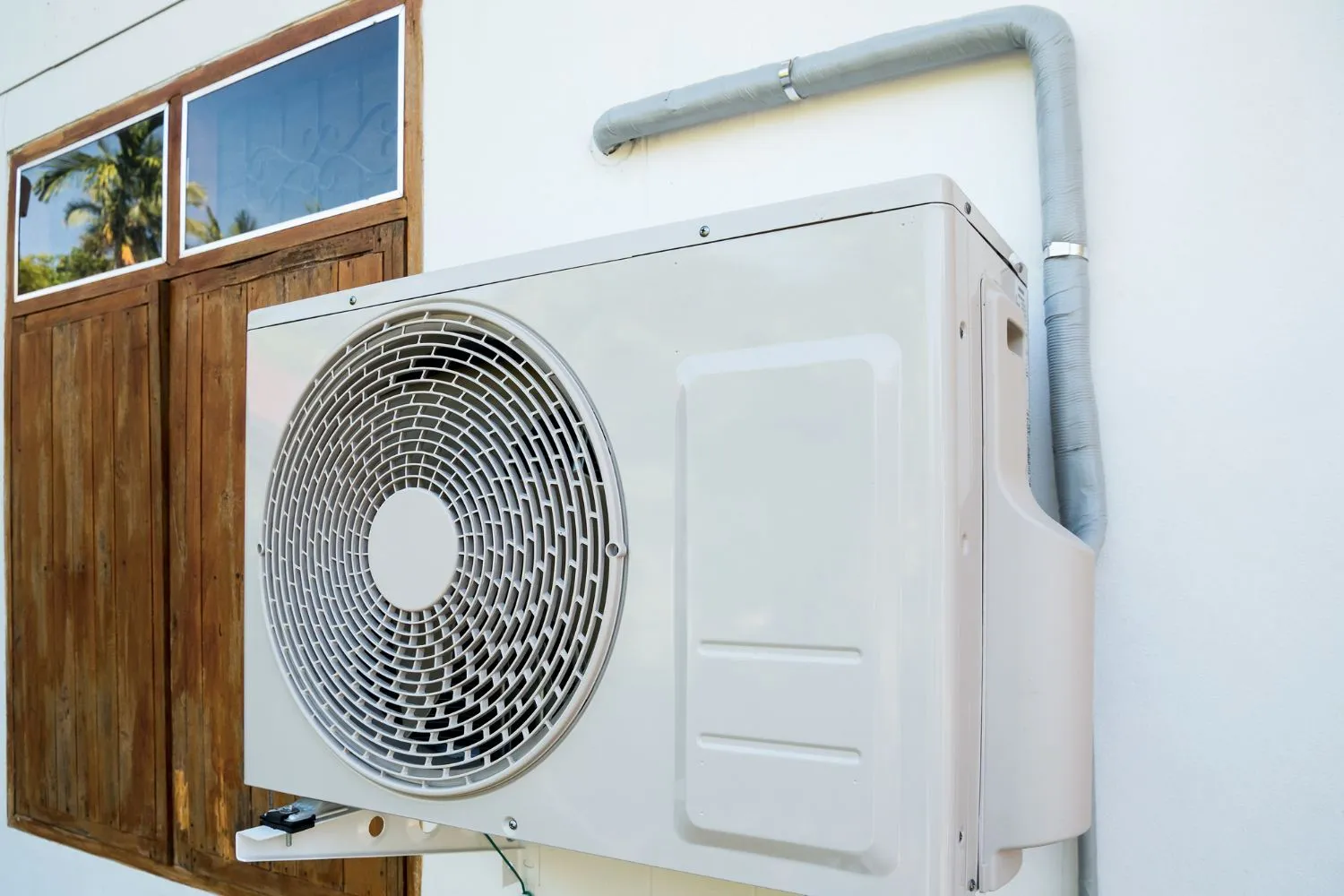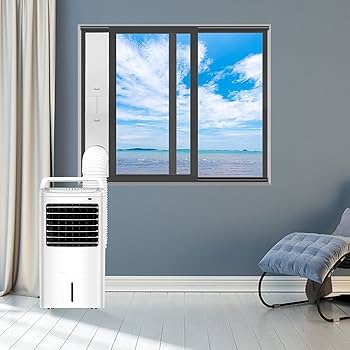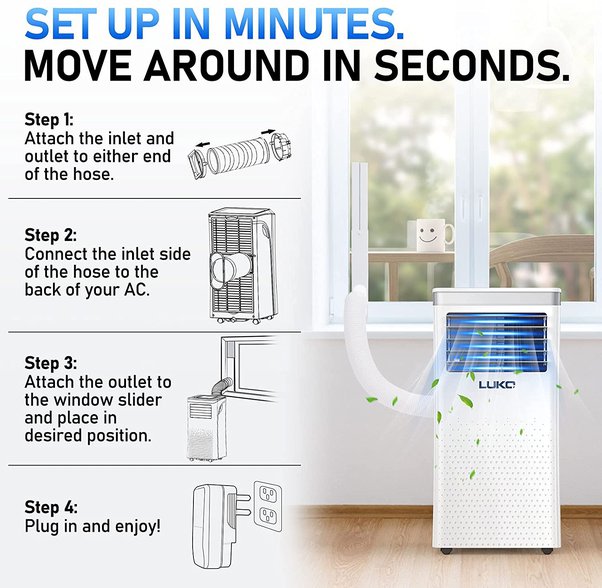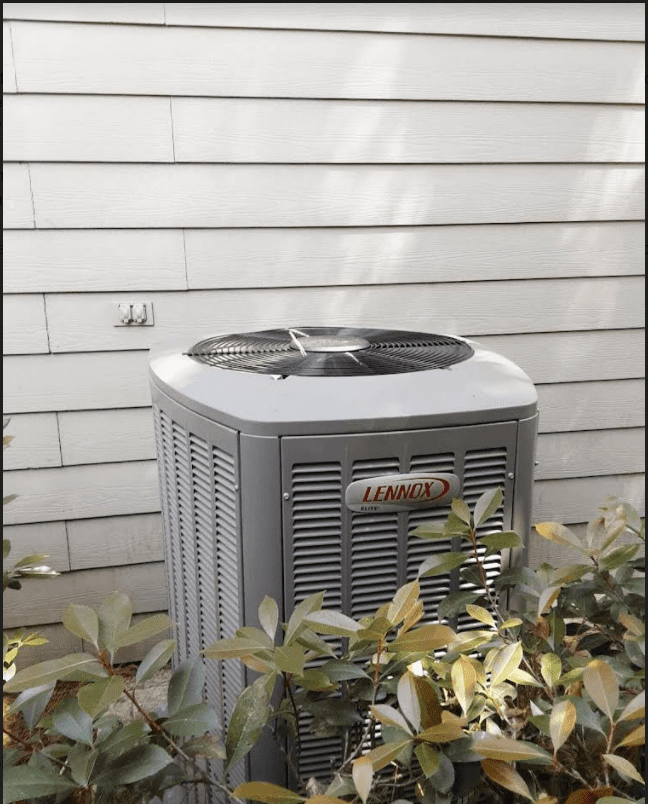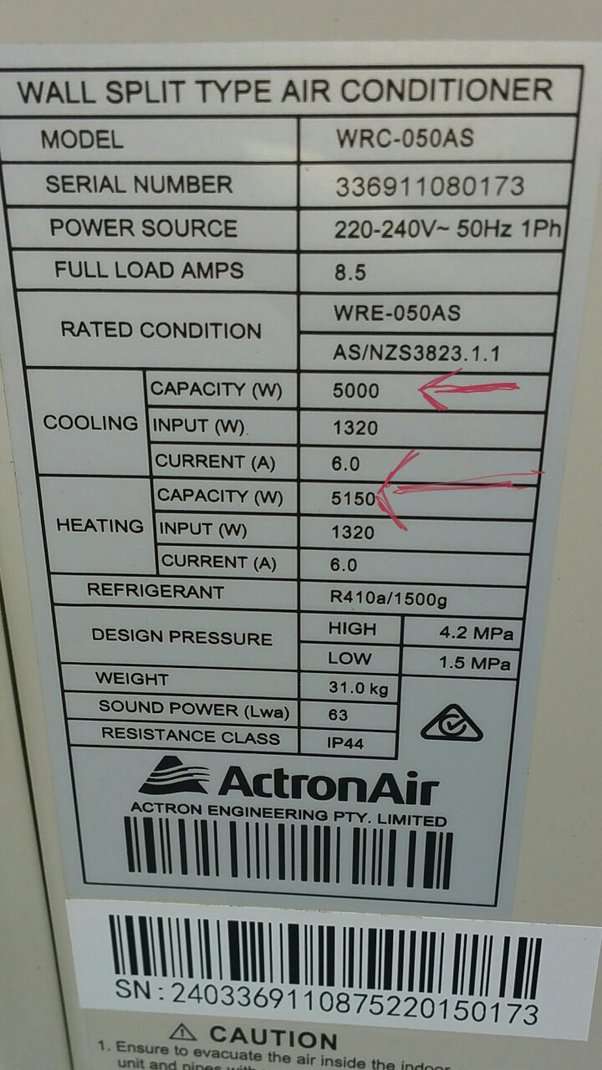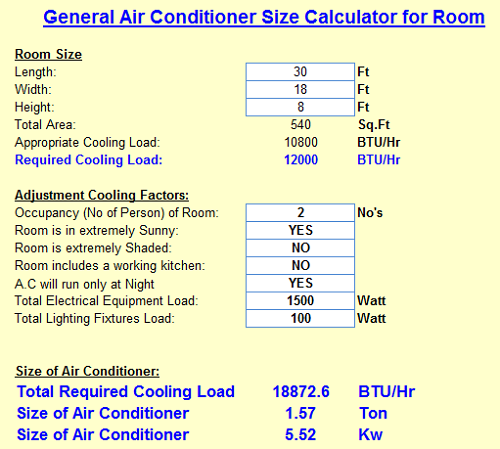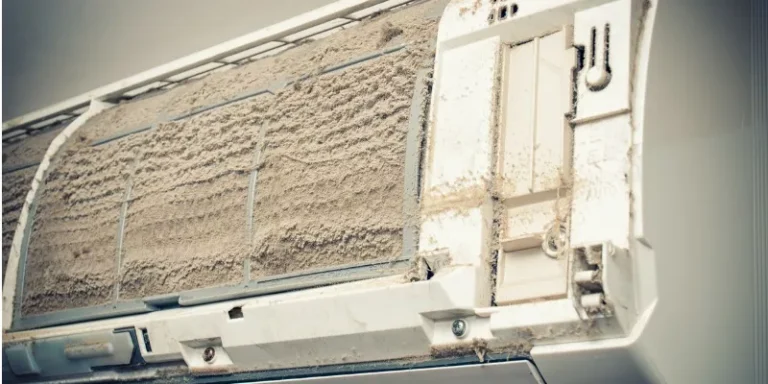Why Does My AC Compressor Shut Off After 2-3 Minutes? Troubleshooting Tips
Your AC compressor might shut off after 2-3 minutes due to overheating or a low refrigerant level. It could also be a result of electrical issues.
A malfunctioning AC compressor can be frustrating, especially during hot weather. Overheating is a common cause, often due to dirty coils or blocked airflow. Low refrigerant levels can also trigger the compressor to shut off prematurely, as the system struggles to maintain pressure.
Electrical problems, such as faulty wiring or a failing capacitor, can disrupt the compressor’s operation. Regular maintenance, including cleaning and checking refrigerant levels, can help prevent these issues. Consulting a professional technician ensures proper diagnosis and repair, keeping your AC unit running efficiently.
Common Causes
Is your AC compressor shutting off after a few minutes? This can be frustrating and uncomfortable. Understanding the common causes of this issue can help you identify and fix the problem.
Thermostat Issues
The thermostat plays a key role in your AC system. If it malfunctions, your compressor might turn off quickly.
- Incorrect Settings: Ensure the thermostat is set to the right temperature.
- Faulty Thermostat: A damaged thermostat can send wrong signals. This causes the compressor to stop.
- Location: If the thermostat is near a heat source, it can misread the room temperature.
Electrical Problems
Electrical issues can also cause your AC compressor to shut off. These problems are often more complex.
- Loose Wiring: Loose or damaged wires can interrupt the power supply.
- Tripped Circuit Breaker: A tripped breaker can cut off electricity to the compressor.
- Capacitor Issues: The capacitor starts the compressor. If it’s faulty, the compressor won’t run properly.
Understanding these common causes can help you troubleshoot and resolve the issue.
Refrigerant Levels
One of the main reasons why your AC compressor shuts off after 2-3 minutes could be the refrigerant levels. Refrigerant is essential for the cooling process. Low refrigerant levels can cause your AC to malfunction. It’s crucial to understand how to identify and check refrigerant levels.
Signs Of Low Refrigerant
There are several signs that indicate low refrigerant levels in your AC:
- Warm Air: Your AC blows warm air instead of cold.
- Hissing Sounds: Strange hissing or bubbling sounds come from the AC.
- Ice Build-Up: Ice forms on the refrigerant lines.
- High Energy Bills: Your energy bills are unusually high.
How To Check Levels
Checking refrigerant levels requires some basic tools. Follow these steps to check the refrigerant levels:
- Turn off the AC unit and unplug it.
- Locate the service valve on the refrigerant line.
- Connect a refrigerant gauge to the service valve.
- Check the gauge reading. Low levels indicate a problem.
If you are unsure, it’s best to contact a professional technician.
Overheating Concerns
When your AC compressor shuts off after 2-3 minutes, it’s frustrating. One common reason is overheating concerns. Overheating can damage your AC unit. Addressing it quickly prevents long-term issues.
Compressor Overheating
The compressor is the heart of your AC unit. It pumps refrigerant through the system. When it overheats, it shuts down to protect itself. Several factors can cause this.
- Dirty Coils: Dust and dirt can clog the coils. This makes the compressor work harder.
- Low Refrigerant Levels: Low refrigerant makes the compressor overwork, leading to overheating.
- Faulty Fan: If the fan isn’t working, it can’t cool the compressor.
Preventive Measures
Preventing overheating is crucial. Here are some preventive measures:
- Regular Maintenance: Schedule professional check-ups every six months.
- Clean the Coils: Ensure coils are clean to avoid clogs.
- Check Refrigerant Levels: Keep refrigerant levels in check to prevent overworking.
- Inspect the Fan: Make sure the fan is working properly.
By taking these steps, you can keep your AC running smoothly. It will also extend the life of your unit.

Credit: www.batesairandheat.com
Dirty Coils
Dirty coils can be a significant reason why your AC compressor shuts off after 2-3 minutes. Coils in your AC system are essential for heat exchange. When these coils get dirty, they can’t function properly. This affects the overall efficiency and performance of your AC unit.
Impact On Performance
Dirty coils can severely impact your AC’s performance. They hinder the heat exchange process. This makes the compressor work harder to cool your home. Over time, this can lead to the compressor overheating. The system will then shut off to prevent damage.
Here’s a quick overview of the impact of dirty coils:
- Reduced cooling efficiency: Your home won’t cool down properly.
- Increased energy consumption: Higher electricity bills.
- Shorter compressor lifespan: Frequent shutdowns can wear out the compressor.
Cleaning Tips
Cleaning the coils can help improve your AC’s performance. Here are some tips to clean the coils:
- Turn off the power: Ensure the AC unit is off before cleaning.
- Remove debris: Use a brush or vacuum to remove loose debris.
- Use a coil cleaner: Apply a specialized coil cleaner spray.
- Rinse with water: Use a hose to rinse off the cleaner.
- Let it dry: Allow the coils to dry completely before turning the unit back on.
Regular maintenance can help keep your AC running smoothly. Aim to clean the coils at least once a year. This can prevent many common issues and extend the life of your system.
Blocked Airflow
Have you ever noticed your AC compressor shutting off after 2-3 minutes? One common cause is blocked airflow. This can significantly impact your AC’s performance. Let’s explore the reasons behind this and how you can fix it.
Common Blockages
Blocked airflow can stem from various sources. Here are some common blockages:
- Dirty Air Filters: Air filters trap dust and debris. Over time, they can get clogged.
- Blocked Vents: Furniture or objects can block air vents, hindering airflow.
- Obstructed Condenser Unit: Leaves, dirt, or other debris can block the condenser unit outside.
| Blockage Type | Cause | Effect on AC |
|---|---|---|
| Dirty Air Filters | Dust and debris | Reduced airflow |
| Blocked Vents | Furniture or objects | Hindered air circulation |
| Obstructed Condenser Unit | Leaves or dirt | Overheated compressor |
Clearing The Obstructions
To ensure optimal performance, you must clear these obstructions. Here’s a step-by-step guide:
- Check Air Filters: Inspect your air filters every month. If they’re dirty, replace them.
- Unblock Vents: Ensure no furniture or objects block the vents. Rearrange if necessary.
- Clean the Condenser Unit: Regularly check the condenser unit outside. Remove leaves, dirt, and debris.
Maintaining clear airflow is crucial. It keeps your AC running efficiently. Regular checks and cleanings can prevent issues.
Faulty Capacitor
Is your AC compressor shutting off after 2-3 minutes? A faulty capacitor might be the reason. Capacitors are vital for your AC’s operation. They provide the necessary energy to start the compressor and keep it running smoothly.
Symptoms Of A Bad Capacitor
Identifying a bad capacitor is crucial. Here are some common symptoms:
- AC unit struggles to start.
- AC turns off quickly after starting.
- Humming noise from the unit.
- AC does not blow cold air.
- Higher energy bills.
Replacement Guide
Replacing a capacitor is a task you can handle with care. Follow this step-by-step guide:
- Turn off the power to the AC unit.
- Locate the capacitor in the outdoor unit.
- Use a screwdriver to discharge the capacitor.
- Remove the wires connected to the capacitor.
- Note the position of each wire.
- Unscrew the old capacitor and remove it.
- Install the new capacitor in the same position.
- Reconnect the wires as noted.
- Secure the new capacitor with screws.
- Turn the power back on and test the AC.
Always ensure safety first. Wear protective gear and follow these steps carefully.
Sensor Malfunctions
Your AC compressor shutting off after 2-3 minutes can be frustrating. One common cause is sensor malfunctions. Sensors play a crucial role in regulating the AC system. When sensors fail, they can send incorrect signals, causing the compressor to shut down prematurely. Understanding sensor issues can help you fix the problem quickly.
Detecting Sensor Issues
To identify sensor issues, you need to check for specific signs. Common symptoms of faulty sensors include:
- The AC compressor cycles on and off frequently.
- The system blows warm air instead of cold.
- The AC unit shows error codes on the display.
Use a multimeter to test the sensors. Compare the readings with the manufacturer’s specifications. If the readings are off, the sensor is likely malfunctioning. Inspect the sensor wiring for wear or damage. Loose or frayed wires can lead to sensor errors.
Fixing Sensor Problems
Once you’ve identified a sensor issue, follow these steps to fix it:
- Turn off the AC unit and disconnect the power supply.
- Locate the faulty sensor using the user manual.
- Carefully remove the damaged sensor from its position.
- Replace the old sensor with a new, compatible one.
- Reconnect any wiring and secure the sensor in place.
- Restore power to the AC unit and test the system.
If the problem persists, you may need professional assistance. HVAC technicians can diagnose and fix complex sensor issues. Always use high-quality replacement parts to ensure longevity. Regular maintenance can prevent sensor malfunctions in the future.
Professional Help
When your AC compressor shuts off after 2-3 minutes, you might need professional help. A certified technician can diagnose and solve the issue quickly. They have the tools and experience to handle complex AC problems.
When To Call A Technician
- If the compressor shuts off repeatedly.
- If the AC unit makes strange noises.
- If there’s no cool air coming out.
- If the unit cycles on and off frequently.
- If you notice any leaks around the AC unit.
These signs often indicate deeper issues. A technician can check for electrical problems or refrigerant leaks. They can also ensure that the compressor and other parts are functioning correctly.
Choosing The Right Service
Selecting the right service is crucial. Look for a company with good reviews. Ask for recommendations from friends and family.
| Criteria | Importance |
|---|---|
| Certifications | High |
| Experience | Medium |
| Customer Reviews | High |
| Pricing | Medium |
Look for certified technicians. They should have a proven track record. Customer reviews can offer insights into their reliability and service quality. Check if their pricing fits your budget. Make sure they offer a warranty for their work.

Credit: gospartanair.com
Frequently Asked Questions
Why Is My AC compressor Getting Off After A Few Minutes?
Your AC compressor might be shutting off due to overheating, refrigerant issues, or electrical problems. Check for dirty filters, low refrigerant, or faulty wiring.
Why Does My AC run For 2 Minutes Then Shut Off?
Your AC may be short-cycling due to a dirty air filter, thermostat issues, or refrigerant problems. Contact a professional.
Why Does My Air Compressor Shut Off After A Few Minutes?
Your air compressor may shut off due to overheating, a faulty pressure switch, or a clogged air filter. Regular maintenance can help.
Conclusion
Understanding why your AC compressor shuts off after 2-3 minutes is crucial. Common issues include overheating, refrigerant leaks, or electrical problems. Regular maintenance can prevent these issues. If the problem persists, consult a professional. Ensuring your AC system runs smoothly enhances comfort and efficiency in your home.

